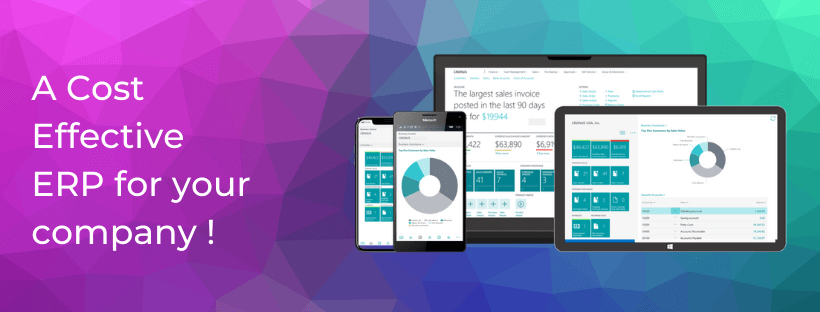- December 28, 2023
- Posted by: Mustafa Chohan
- Category: CRM

In the ever-evolving landscape of customer relationship management (CRM) software, two heavyweights stand out: salesforce vs dynamics 365. As businesses seek to streamline their operations, enhance customer experiences, and drive growth, choosing the right CRM platform becomes paramount. One crucial aspect that influences this decision is the cost and the value it brings to the table. In this blog, we’ll delve into a comprehensive comparison of Microsoft dynamics vs salesforce, focusing on their pricing structures and the value they offer to businesses.
Pricing Models:
Salesforce:
Salesforce is known for its flexible pricing models catering to businesses of all sizes. The platform operates on a subscription-based model with three main editions: Essentials, Professional, and Enterprise. Additionally, there is the Unlimited edition for large enterprises. The pricing is tiered, with each edition offering an ever-increasing set of features and functionalities. Salesforce also provides add-ons and customizations that may incur additional costs.
Dynamics 365:
Microsoft Dynamics 365 follows a modular pricing structure, allowing businesses to select and pay for the specific applications they need. This approach provides flexibility, as organizations can tailor their CRM system to their unique requirements. Dynamics 365 includes individual apps for sales, customer service, marketing, finance, and more. Users can choose to purchase a single app or bundle multiple apps for a more comprehensive solution.
Total Cost of Ownership (TCO):
Salesforce:
While Salesforce’s subscription model may appear affordable initially, businesses should consider the total cost of ownership, including additional expenses for customization, third-party integrations, and user training. Salesforce’s AppExchange marketplace offers a plethora of third-party apps, but these can contribute to the overall cost.
Dynamics 365:
Dynamics 365’s modular pricing allows businesses to control costs more effectively. The seamless integration with other Microsoft products, such as Office 365 and Power Platform, can reduce expenses related to training and implementation. However, organizations should be mindful of potential costs associated with customizations and advanced features.
Scalability:
Salesforce:
Salesforce is renowned for its scalability, catering to businesses of all sizes. The platform is designed to accommodate the needs of startups, mid-sized companies, and large enterprises. However, as businesses grow and demand more advanced features, they may find themselves moving up to higher-priced editions.
Dynamics 365:
Similarly, Dynamics 365 offers scalability, enabling organizations to start small and expand as needed. The modular approach allows businesses to scale their CRM system without overcommitting financially. Microsoft’s extensive ecosystem, including Azure services, ensures scalability in terms of storage, performance, and user capacity.
Integration Capabilities:
Salesforce:
Salesforce boasts a robust ecosystem with a wide array of third-party integrations available on the AppExchange marketplace. However, some integrations may come with additional costs, and businesses should carefully evaluate their integration needs.
Dynamics 365:
Dynamics 365 seamlessly integrates with other Microsoft products, fostering collaboration across various business functions. The platform also supports third-party integrations, and many connectors are available through Azure. This integration capability can contribute to a more cohesive and efficient business environment.
Conclusion:
In the Microsoft Dynamics vs Salesforce debate, the choice ultimately depends on the unique needs and priorities of your business. Salesforce offers a flexible subscription model with extensive customization options, while Dynamics 365’s modular approach provides scalability and integration with the Microsoft ecosystem.
When comparing prices, it’s crucial to consider the total cost of ownership, including potential customization, integration, and training expenses. Both platforms are powerful CRM solutions, and the decision should align with your organization’s long-term goals and strategies. Conducting a thorough analysis of your requirements and leveraging trial versions can help you make an informed decision that aligns with your budget and delivers significant value to your business.



